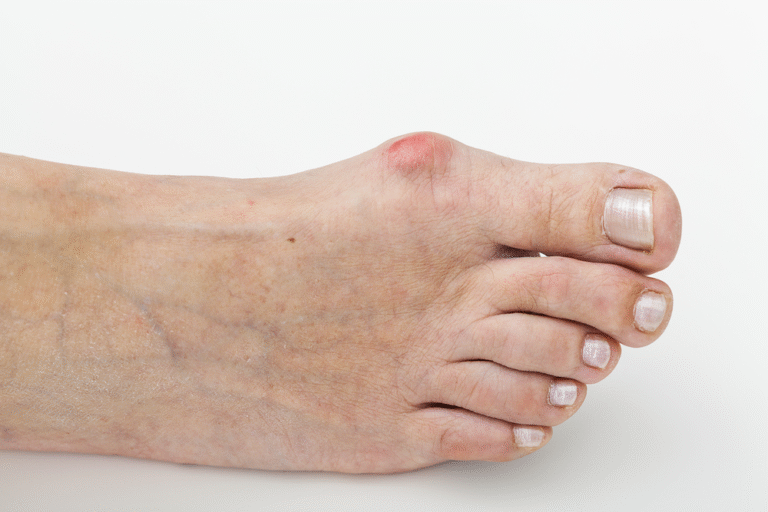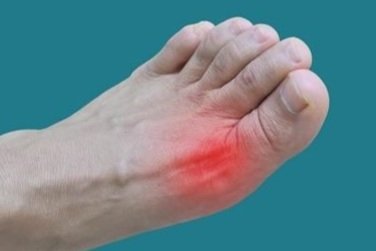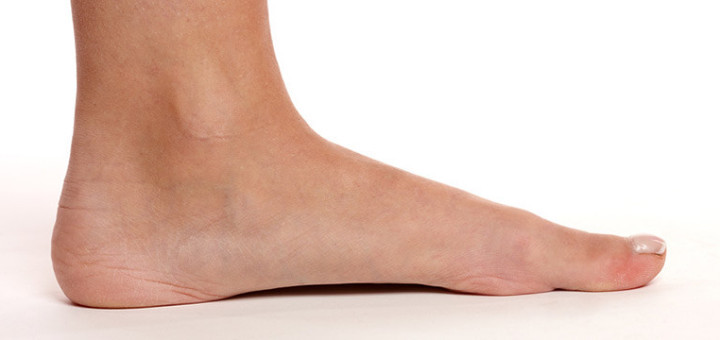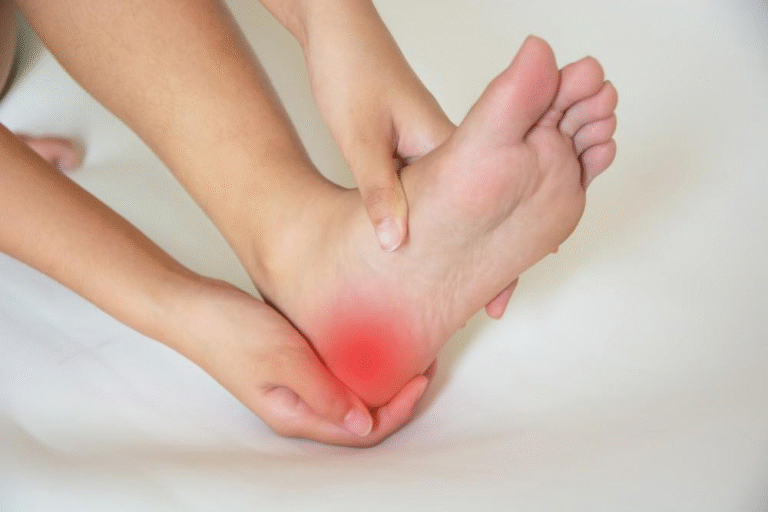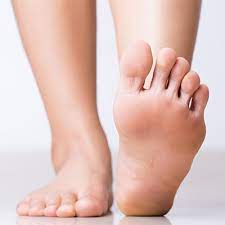The Link Between Plantar Fasciitis and Weight Gain: What You Need to Know
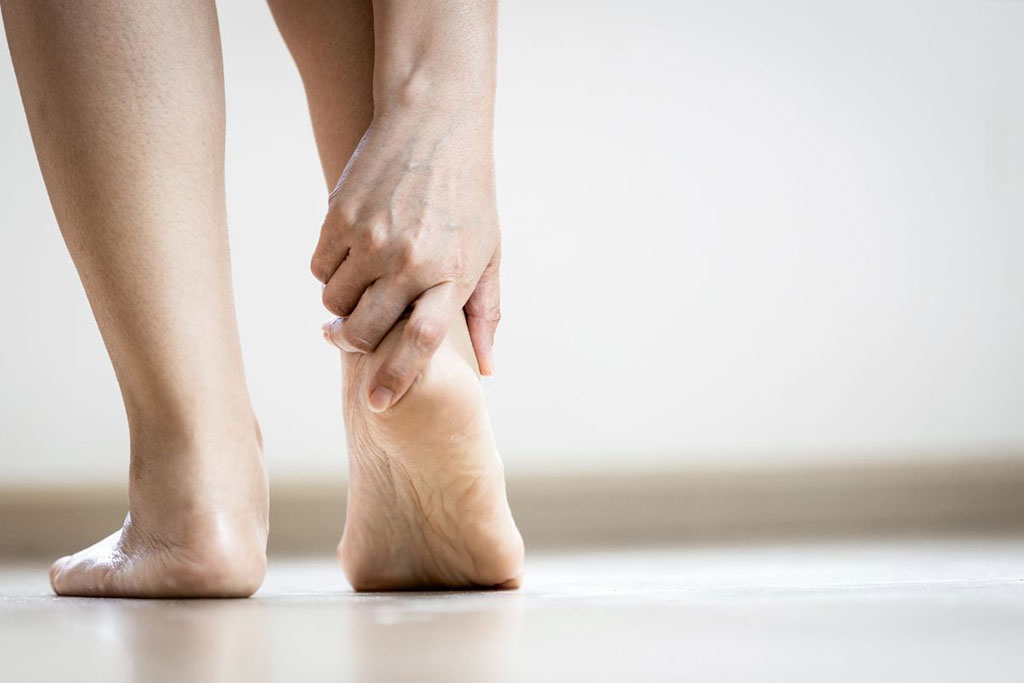
Extra weight can put additional stress on your feet, particularly the plantar fascia. This thick band of tissue runs across your foot’s bottom, connecting your heel bone to your toes. When you carry excess weight, this tissue works harder to support your body, which can potentially lead to inflammation and pain. Here are a few ways weight can effect Plantar fasciitis:
How Weight Affects Your Plantar Fascia
The plantar fascia functions as a natural shock absorber for the foot. Each step generates a force that travels through this tissue, and additional body weight increases the load. When the tissue stretches beyond its normal range, small tears and inflammation can develop. These changes affect comfort, mobility, and overall foot function during daily activities. Over time, repeated stress may gradually worsen these effects. It can influence gait and posture in subtle but noticeable ways.
Runners frequently experience plantar fascia strain, though body weight also contributes significantly. Extra weight adds continuous pressure during everyday movements, such as walking, standing, or climbing stairs. This persistent stress can influence how the tissue responds over time and may lead to discomfort, fatigue, or reduced activity levels that require attention and management.
Recognizing Plantar Fasciitis Symptoms
Sharp, stabbing heel pain often signals plantar fascia strain, typically occurring with the first steps in the morning. Discomfort may ease with movement but often returns after periods of rest or inactivity, affecting daily routines and mobility. The pain usually centers near the heel at the bottom of the foot, sometimes described as stepping on a nail or sharp stone. Repetitive stretching or pressure can increase strain, potentially causing additional microtears in the tissue and prolonging recovery over time.
Treatment Approaches That Work
Multiple approaches can help manage plantar fasciitis and reduce discomfort. Resting the affected foot limits additional strain, while applying ice can calm irritation. Gentle stretching may relieve tension, but overly aggressive exercises can create further tissue damage and delay improvement.
Medications that reduce inflammation can help decrease both pain and swelling. Physical therapy focuses on strengthening and supporting muscles, as well as teaching proper stretching techniques. Night splints maintain the foot in a neutral position during sleep, helping prevent tightening of the plantar fascia.
Supportive devices, such as orthotics, help distribute pressure and provide cushioning to the arch. Custom-fitted options often offer better relief than standard over-the-counter inserts for those with significant foot issues. In persistent cases, steroid injections or more advanced treatments such as shock wave therapy may be considered, while surgery remains a last resort for severe or unresponsive conditions.
Taking Action for Long-Term Relief
Plantar fasciitis often responds best to timely attention and appropriate care, as untreated pain can alter the way you walk and create strain in your knees, hips, and back. Managing body weight reduces daily stress on the plantar fascia, providing the tissue with a better environment for recovery, while supportive footwear helps protect the feet from additional strain. Persistent heel pain may indicate the need for a professional evaluation, during which a podiatrist can assess the situation and recommend a treatment plan tailored to your specific needs.
- What to Expect When Visiting a Foot and Ankle Specialist
- Causes of PTSD
- The Link Between Plantar Fasciitis and Weight Gain: What You Need to Know
- How Pet Ownership Can Positively Impact Life with Fibromyalgia
- The Importance of Stretching and Flexibility in Sports Medicine
Dr. Emma Green is a health and wellness expert with over 10 years of experience in nutrition and fitness. Passionate about helping others live their healthiest lives, Dr. Green shares practical advice on wellness, nutrition, and sustainable living through LivingSpristine.

